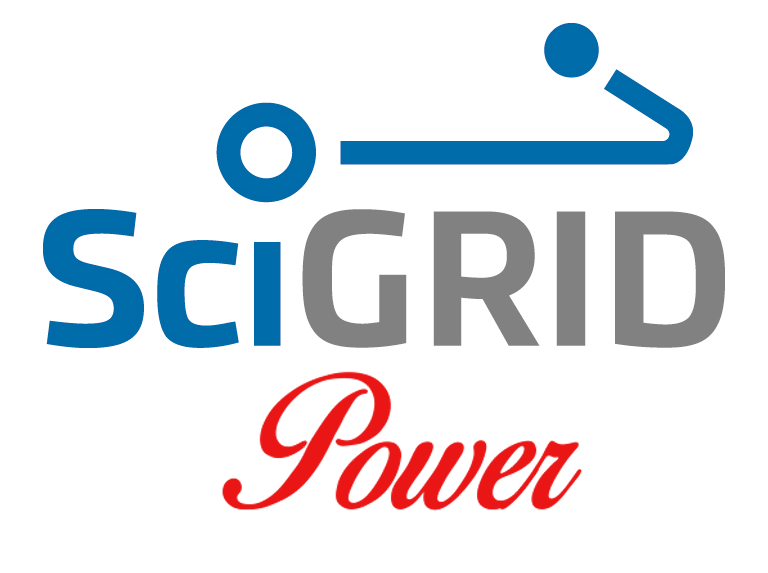Do 12 Mai 2016 | -- (permalink)
We previously announced a survey on "Power Data in OpenStreetMap". The goal of this survey was to understand the process of mapping power elements in OSM and how mappers use their knowledge and experience in their mapping. The survey was answered by 69 participants and although this number is not large to draw conclusive results, some interesting facts can be observed.
Mots of the participants to the survey are from the European Union (62 versus 9 participants from non-EU countries). Particularily, 48% of the participants maped power elements in Germany. Considering the time mappers dedicate to mapping, 38% declared mapping between 1 and 8 hours per week, and 28% between 8 and 24 hours a week. Less then 8% of the total mappers are heavy mappers, mapping for more than 24 hours per week.
The mappers answerd mapping power elements in OSM because they are interest map completness, followed by scientific motivation and general curiosity. However, most of the mappers answered that they did not know what power relations are and very few of them are related to the power industry or academia. More than 60% of the mappers are willing to map power relations if mapping infromation about them is available. The prefered source of information for the mappers seems to be satellite- , aerial-imageries and GPS traces.
The following results can be drawn from the survey:
-
OSM power mappers are heterogeneous in their occupation, background and interests. This contributes to the diversity of objects mapped in OSM map and database.
-
Map completness is an important motivation for OSM mappers. However, few of the mappers who reacted to the survey have complete information about power relations. This can be attributed to the fact that power data is too specific and not a commonly mapped data type.
-
Providing more information about power relations will likely contribute to the completness and quality of the OSM power data in general and for power models in particular.
